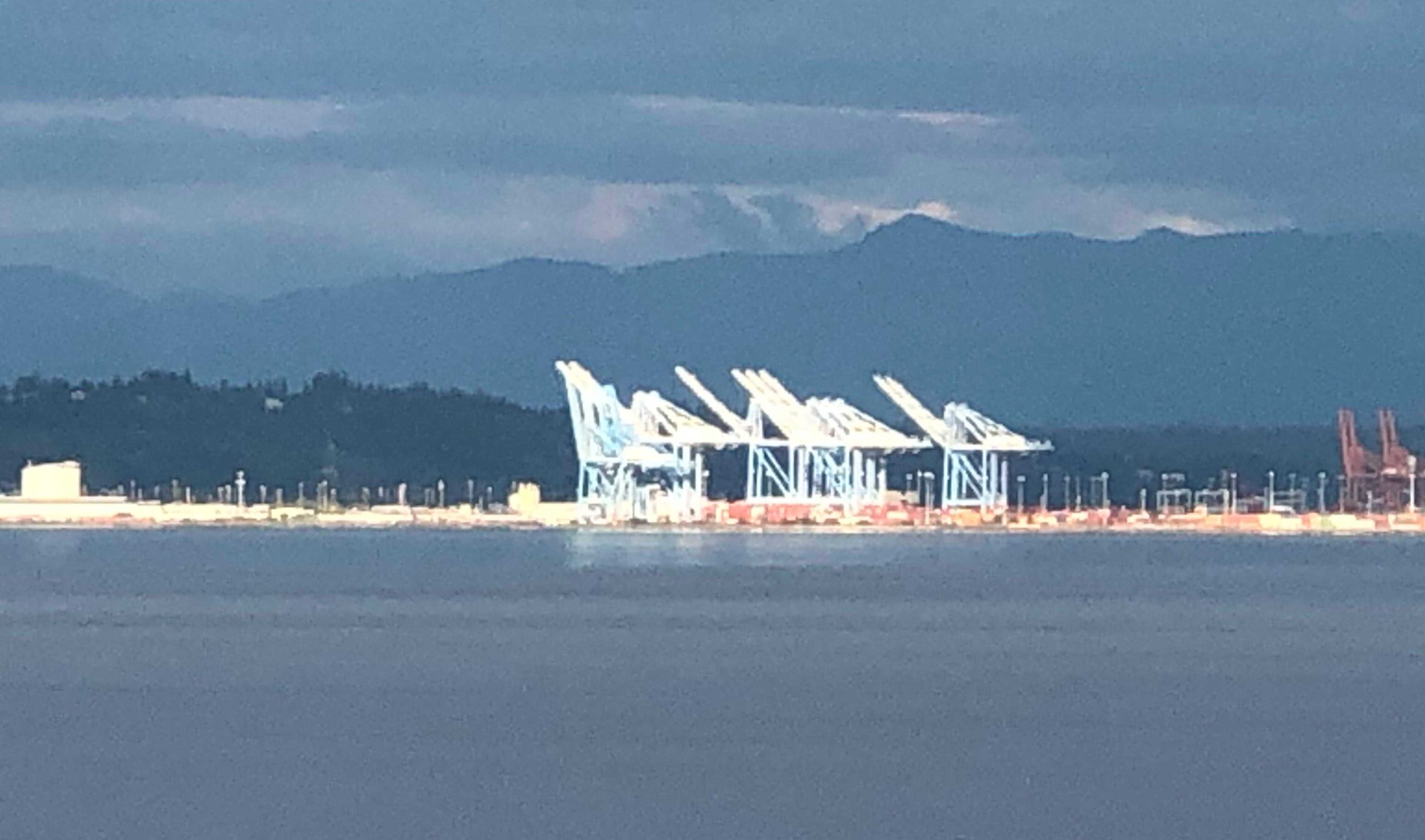Past performance is not indicative of future results
By Morf Morford
Tacoma Daily Index
“Past performance is not indicative of future results”
This adage is, or should be, the first principle of any investment strategy.
While factually true, this statement is vague and evasive.
In almost any other arena of life, from buying shoes to ordering a favorite meal or drink, “past performance” is extremely “indicative of future results”.
A drink ordered before is highly likely to be a drink ordered again.
People are, above all, creatures of habit, but perhaps when it comes to finances we need to look a bit more sceptically at what has come before.
Any investment is, more than anything else, an act of trust in the future. The past, or even the present, need not have over-riding influence over what happens next week, next month or next year.
Financial advisors tell us not to rely on the past for a sense of where the economy is going. But they urge us to look at it anyway. After all, it’s the only evidence they have.
Imagine lawyers, making their case, saying “Here is all of our evidence, but don’t let it impact your decision”.
That being said, here is an overview of our economy so far in 2019. And it may (or may not) give us some bearings as to the direction of our economy in the near future.
So far in 2019 the top 5 best economic performing states/districts are;
1. District of Columbia
2. Washington
3. Utah
4. Colorado
5. Nevada
The 5 worst economic performing states are;
1. Alaska
2. Rhode Island
3. Mississippi
4. Maryland
5. Louisiana


Much of the present anxiety about the U.S. economy is related to the trade war with China. Economic growth is heading to 2%, compared to 3% at the start of the year and over 4% last year. On top of that, the most recent job updates show mixed signals. Nonfarm payrolls increased by just 130,000 in August, versus Wall Street estimates for 150,000. a huge chunk of these, 25,000, came from short term Census employment. On the other hand, average hourly earnings increased 0.4% in August and 3.2% for the year, slightly better than expected.
Despite that good news, Americans are worried about their economic well-being, with six of ten expecting a recession in the next year or even earlier.
This “man on the street” sentiment echoes economists, three out of four in a recent survey predicted a U.S. recession in the next two years.
As always, some states are on a more solid financial footing than others. In particular, Washington State has the fastest economic growth of any state and even surpassed Massachusetts to become one of the country’s ten largest economies. Other states ranking high also come from the West — Utah, Colorado and Nevada are among some of the fastest-growing populations in the country.
Among poorly-performing states, Alaska comes in first. Alaska residents also hold the highest credit card balance per capita, and is also one of the most expensive states to live in. It shares both of these qualities with the second worst state, Rhode Island.
I don’t know much about the economy in Utah or Nevada, but I do know that Washington, and Colorado have been building the foundations of their economies for years, if not decades.
Because of that I would expect them both to continue to be strong economies.
My biggest concern when it comes to our local economy is that Pierce County, as the most trade dependent county of the most trade dependent state, is therefore the most vulnerable to trade fluctuations due to tariffs or trade wars.
Alaska and Louisiana, both with economies based on extraction of fossil fuels, can expect even lower performance as more industries move away from fossil fuels and toward cleaner and more efficient fuels.
I’ve always urged balanced budgets and investments in long term infrastructure. No matter what the economy does in the future, these will always be solid investments.








